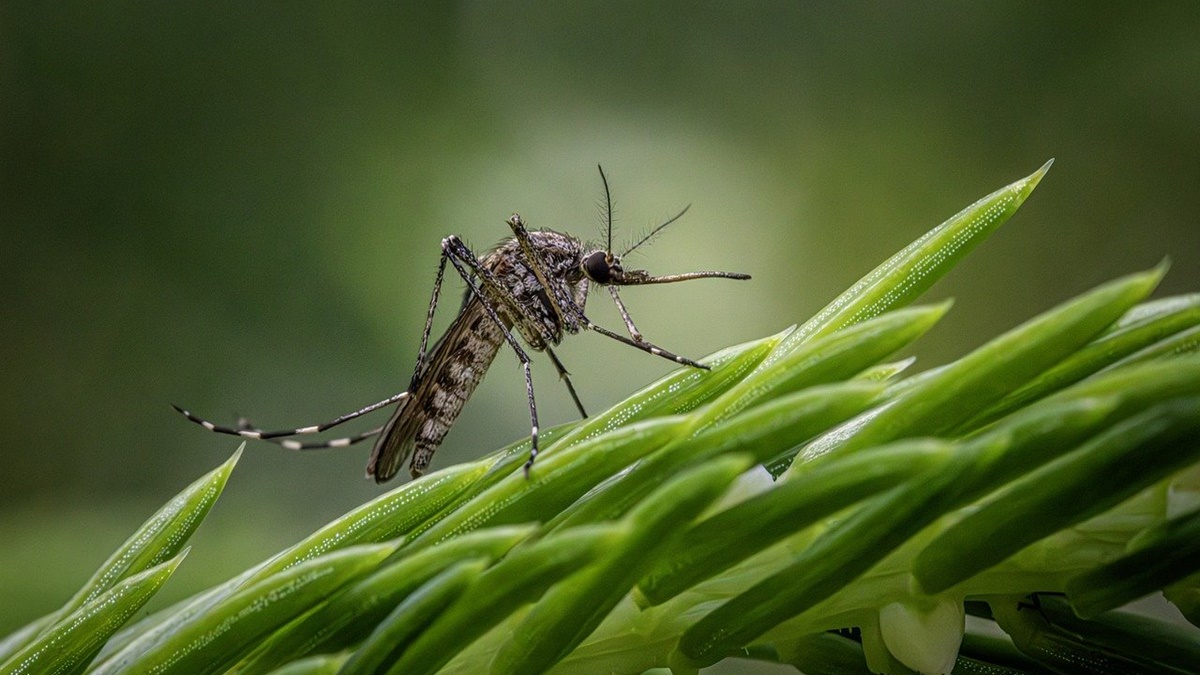On Friday, the Punjab government announced a 60-day ban, effective from August 12 to October 12, on the use of 10 insecticides primarily utilized in aromatic paddy cultivation, particularly Basmati rice. Among the banned insecticides are Acephate, Buprofezin, Chloropyriphos, Methamidophos, Propiconazole, Thiamethoxam, Profenofos, Isoprothiolane, Carbendazim, and Tricyclazole.

With over 10,000 pesticide dealers across Punjab, the majority hold stocks of these banned insecticides. The notification, issued by the additional chief secretary, cited several reasons for the ban. Firstly, there’s a heightened risk of pesticide residues exceeding the maximum residue level (MRL) set by the competent authority in Basmati rice grains due to the use of these agrochemicals. Secondly, the Punjab Agriculture University (PAU), Ludhiana, has recommended alternative agrochemicals for pest control in Basmati rice. Thirdly, the Punjab Rice Millers and Exporters Association reported elevated residue levels of these pesticides in Basmati rice samples, surpassing the MRL values.
The association advocated for the ban to safeguard Basmati rice production and facilitate smooth exports to other countries. In response, authorities have instructed dealers to return the stocks of these banned pesticides.

Despite such periodic bans, experts express doubts regarding their effectiveness in curbing the storage and use of these insecticides by dealers and farmers. Many of these chemicals are commonly used in wheat, vegetables, fruits, and sugarcane, making them readily available to farmers. Some stakeholders argue for a permanent ban on these chemicals in Punjab, citing the frequent rejection of foreign Basmati rice consignments due to high MRL, which poses a significant concern for Basmati rice exporters.



